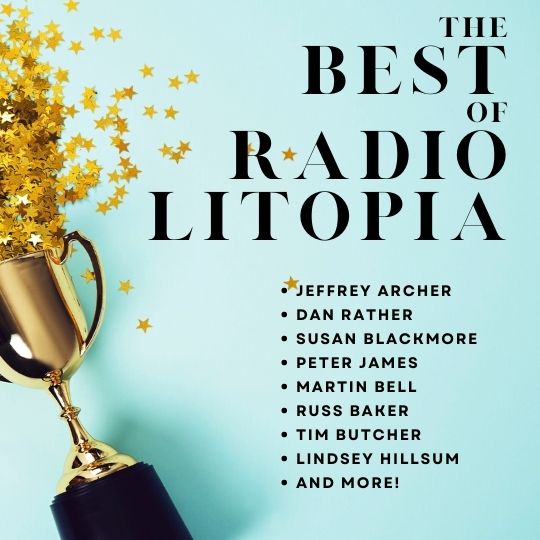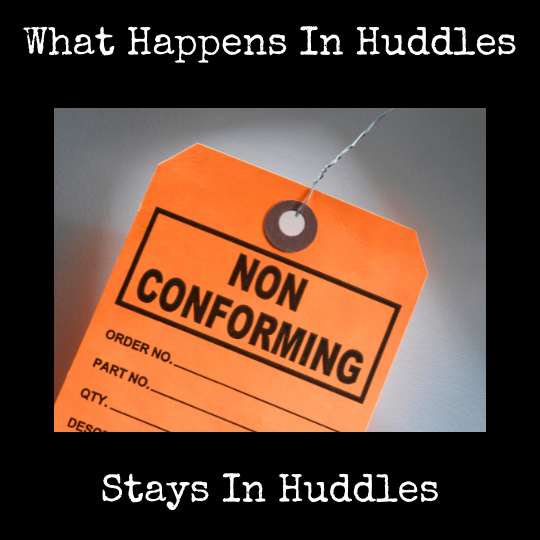How do you strengthen yours?
Churchill had an extensive range of lexical knowledge and depth of understanding. But I do find myself struggling with the right words in my novels. Many times...i stare into empty space, thinking hard and long...then try acting out the verb in the attempt that it comes to me. I end up writing as close to the meaning in the hope that during the editing stage the perfect version will emerge.
Any tips please?
This says read more fiction... Yey!
http://www.economist.com/blogs/johnson/2013/05/vocabulary-size
Churchill had an extensive range of lexical knowledge and depth of understanding. But I do find myself struggling with the right words in my novels. Many times...i stare into empty space, thinking hard and long...then try acting out the verb in the attempt that it comes to me. I end up writing as close to the meaning in the hope that during the editing stage the perfect version will emerge.
Any tips please?
This says read more fiction... Yey!
http://www.economist.com/blogs/johnson/2013/05/vocabulary-size




